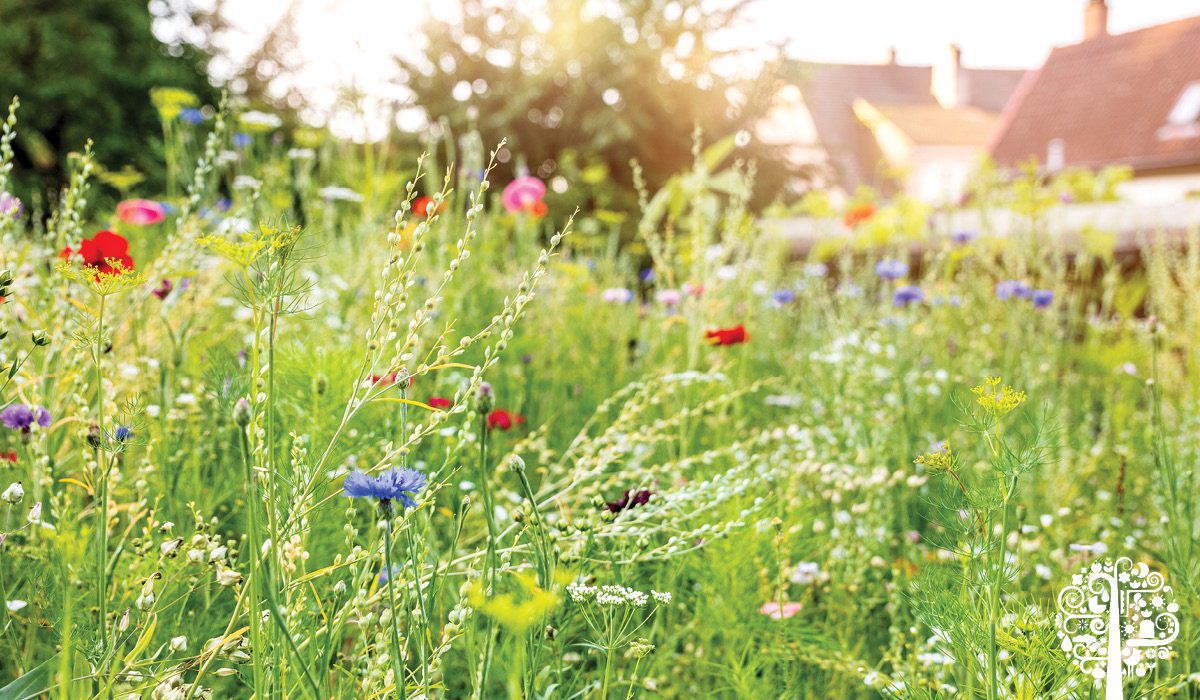Are you feeling a little rebellious? We all want to take a walk on the wild side now and then! A Quebec man is making headlines for practicing horticultural disobedience, a movement he hopes will catch on in neighborhoods across North America.
Horticultural Disobedience?
For gardeners and homeowners feeling particularly naughty, horticultural disobedience is the act of letting lawns grow natural while running the risk of upsetting nosy neighbors and power-hungry municipal officials.
Sound exciting? Danny Baillargeon of Sherbrooke, Quebec, thought so too. In an interview with CTV Montreal, Baillargeon describes his lawn as “beautiful chaos.”
Despite local bylaws requiring residents to keep their properties neatly mowed, Baillargeon plants wildflowers, clover, and tall grasses all over his lawn, creating a pollinator haven.

While some locals might be horrified, bees, butterflies, and birds love the “wild” space. The natural vegetation also requires less water and other inputs, such as harmful pesticides.
Bad to the bone, baby.
Changing Visions
Horticultural disobedience is a product of people changing their visions of what our homes and neighborhoods should look like.
Cookie-cutter residential areas have been the norm in the suburbs for years, many of them dictating not only how long your grass can grow but also what days of the week you can start up the mower.

With the effects of climate change threatening food security, rising food prices, and a global pandemic, many of us are looking to become more environmentally friendly and self-sufficient.
In New Brunswick, the city of Moncton is revising its definition of landscaping to include herbs, fruits, vegetables, raised beds, and trellises. This, after resident Sylvain Ward challenged local bylaws and planted a veggie patch in his front yard.
While the city initially told him to remove his gardens, it eventually changed its tune after checking into other Canadian municipal bylaws.
In Toronto, for example, residents who don’t want to cut back vegetation can apply for a ”natural garden exemption.” In Montreal, many boroughs are planting micro forests and allowing wild grasses to grow in community areas.
Looking for Acceptance
Back in Sherbrooke, Baillargeon says he gets that not everybody loves the unruly look of his lawn; he’s just asking for acceptance.

He’s proactive by explaining his vision to his neighbors and has even posted a sign on his front lawn. As people, we’re not all the same, and that logic should also apply to our properties too.
So, what do you think? Are you ready to let your inner rebel loose through horticultural disobedience?